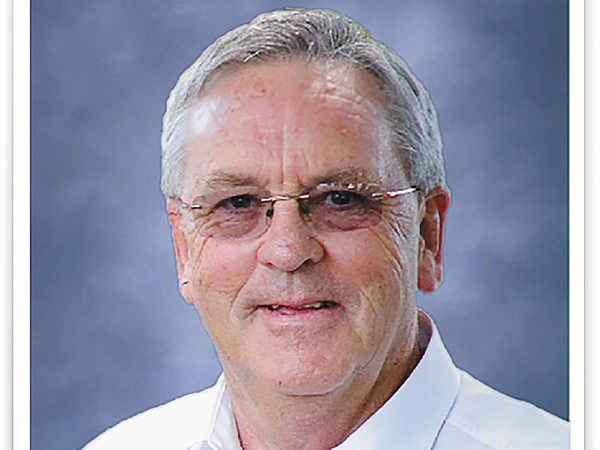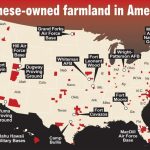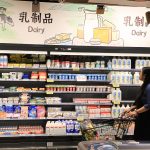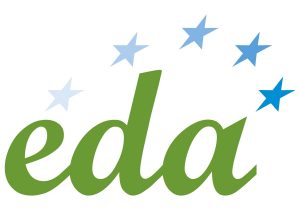
Controversial Tools Loom in 2025, Sparking Debate on Sustainability vs. Control.
New Zealand’s dairy farming sector is bracing for a contentious shift in 2025, as the push for mandatory ruminant methane mitigation tools gains traction. According to an opinion piece by Owen Jennings, former National President of Federated Farmers and ACT MP, these impending measures are viewed by some as an unnecessary drain on resources and an unwarranted intrusion into natural farming practices. This debate highlights a critical juncture for NZ dairy, balancing environmental goals with practical dairy economics and the industry’s global brand.
Jennings highlights what he perceives as a broken promise against a “methane tax,” now manifesting as compulsory use of mitigation tools. He specifically points to organizations like Beef+Lamb NZ engaging with heavily subsidized feedlot sectors that are already mandating chemical feed additives. Furthermore, he cites a DEFRA document outlining plans for mandatory methane-suppressing products in British cattle by 2030, raising alarms about potential health implications from substances leaching into milk, a significant concern for dairy producers and consumers worldwide.
The author argues that these interventions serve as a “Trojan horse,” subtly pushing New Zealand towards more intensive, housed, feedlot farming systems. He contends that such a shift directly contradicts the nation’s globally renowned “Taste Pure Nature” brand, which prides itself on extensive, grass-fed practices. This raises fundamental questions about the future identity and marketing of NZ dairy exports in the international dairy community.
Jennings also critically questions the assertion that international customers are demanding these changes, suggesting it might be a smokescreen designed to drive down prices for farmers and increase corporate control over the agribusiness supply chain. Instead, he advocates for a stronger emphasis on promoting New Zealand’s naturally low-emission food production systems. This perspective challenges the narrative often presented by environmental advocates and some industry bodies.
In conclusion, Jennings urges New Zealand farmers to actively resist these mandatory mandates. He calls for support for grassroots groups like the Methane Science Accord and Groundswell, and provocatively suggests withdrawing from the Paris Accord as a means to protect the nation’s unique farming model. This opinion piece underscores the deep divisions and high stakes involved as New Zealand navigates its path towards agricultural decarbonization, with significant implications for dairy policy and its global reputation.
Source: Rural News Group: Opinion: Mandatory methane tools farming NZ 2025
You can now read the most important #news on #eDairyNews #Whatsapp channels!!!
🇺🇸 eDairy News INGLÊS: https://whatsapp.com/channel/0029VaKsjzGDTkJyIN6hcP1K




















